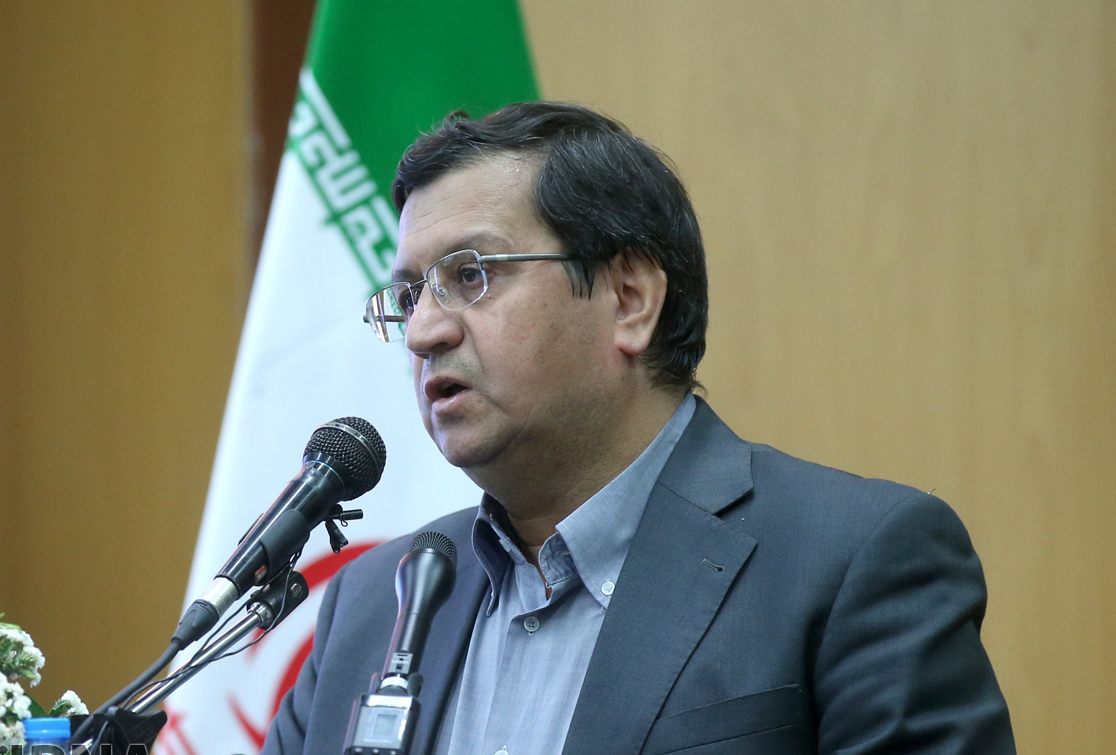Hemmati Ready to Face Monetary Challenges

EghtesaadOnline: Abdolnasser Hemmati, the newly-appointed governor of the Central Bank of Iran, has in his first comments as the country's top monetary policymaker pledged to promote the country's economic growth.
Hemmati added that in pursuing his goals, he would seek help from his colleagues in the government.
The Cabinet on Wednesday agreed to appoint Hemmati as the new CBI governor, a move widely seen as a prelude to the widely expected reshuffle of President Hassan Rouhani's team.
As the 18th head of the country's central bank, he is facing some of the most challenging problems both in the banking system and in the foreign exchange market, Financial Tribune reported.
Hemmati, 61, is the former head of Central Insurance of Iran who had been recently tipped to become Iran's next ambassador to China.
Despite efforts by his predecessor Valiollah Seif in implementing reforms in the ailing banking system and halt a run on the rial, experts believe Iran's litany of problems will not go away unless a new outlook is adopted.
Banks' pile of bad debts, their troubled balance sheets and the fallout from the closure and merger of several unlicensed credit and financial institutions whose depositors had to be bailed out by CBI are among these problems.
President Hassan Rouhani thanked Seif for his efforts to clamp down on illegal financial institutions, which helped regularize these entities, and considered it among his notable services.
Bankruptcies at several unlicensed lenders, which had offered high interest rates and cheap loans with little capital to back them up, wiped out the savings of millions of depositors and led to widespread protests.
Keeping the rial from losing more of its value, as the first round of US sanctions approaches, seems to be a tougher task for the new occupant of 198 Mirdamad Boulevard in Tehran.
Hemmati's Record
Hemmati is a veteran banker who holds a PhD in economics. He has formerly served as chief executive of state-run Bank Melli Iran, the country's largest bank and the private Sina Bank affiliated to Mostazafan Foundation.
His name, however, is mostly associated with the insurance industry. Between 1994-2006, he was the president of CII—the sole regulator of Iran's insurance industry.
The Persian-language financial newspaper Donya-e-Eqtesad noted that Hemmati, a Tehran University economics professor, believes that the economic situation in Iran is "unique", which does not necessarily lend itself to conventional economic solutions.
According to the newspaper, Hemmati has traditionally favored lower interest rates in Iran's monetary system. His past research going back to the 1980s shows an inclination toward government intervention in the economy. He also believes in the importance of monetary policy in stimulating the economy. But as the paper suggests, his views could have undergone an evolution.
Majlis Support
On Thursday, a member of Majlis Industries and Mines Commission voiced support for Hemmati, stressing that the parliament backs CBI's transparent plans for helping the economy.
Mehdi Moqaddasi also told IBENA that should the CBI send a bill to Majlis, lawmakers are willing to give it a "double-urgency" status.
He also hoped that the new governor would devise monetary policies independent of the government.
The CBI move in April to enforce a fixed rate for the rial helped create a forex black market, which later forced the central bank to backtrack and allow a secondary forex market, as the rial's street value crashed to record lows in June.
The crisis coincided with Washington's announcement in May that it was pulling out of the 2015 nuclear deal and reimposing sanctions on Tehran, heaping more pressure on the rial.
At the time, observers opined that the central bank had caved into pressure from the government in enforcing the policies, although it was opposed to it.


